How are you guys doing? It has been cold and rainy in Vancouver! I feel like I can’t complain because we’ve been so lucky to have a gorgeous sunny fall, but man I forgot how dark these winter days can get!! I will tell you though, all of the Christmas vibes are really doing a good job of making up for it. I don’t know what happened but all of a sudden, last week I found myself turning on the Christmas playlists, making eggnog lattes, and making plans to pick out a Christmas tree. I really love the holidays! That being said, with it can come a lot of talk about sugar!
So what’s the deal with sugar?
I find this to be one of the most confusing topics for my clients and I want to help clear the confusion. Sugar definitely gets it’s fair share of flack in the media, but is it all the same?
Natural
Added
Refined
Unrefined
“No Augar Added”
“Refined Sugar Free”
What does it all mean?! You can watch the video below for all the details or keep reading!
I’ve broken it down into three categories to help you make sense of it all, if I’ve missed anything, let me know in the comments below!
NATURAL SUGARS
Natural sugars are those naturally found in whole foods like
Lactose found in Milk
Fructose found in Fruit
Or longer chains of sugars (polysaccharides) found in whole grains like rice, quinoa or barley
ADDED SUGARS
Added sugars are sugars that would not naturally be found in a food, but are added in to give a certain flavor, texture, or sweetness.
So what’s the difference and how does it affect us?
- Sugars found in whole foods contain a slew of other benefits like vitamins, minerals, antioxidants and fiber that help our body thrive.
- Fiber slows digestion and therefore the rate our blood sugars rise so we don’t get that spike in blood sugar levels
- When we eat sugar in whole foods, it is unlikely that we are getting large doses at a time and what we are getting provides energy for our brain and body
- Food labels in Canada don’t distinguish between natural and added sugars (USA does) so the total amount in a food product may be a combination of natural and added
- 1 tsp = 4 g sugar
When it come to added sugars, there are different kinds
UNREFINED SUGARS
Essentially, unrefined sugars are consumed in their natural form like:
Honey
Maple Syrup
Agave Syrup
REFINED SUGARS
Refined sugars are sugars those powdered or granulated sugars or syrups that have been processed or broken down into a simple form. Like
Granulated Sugars
Powdered Sugar
High Fructose Corn Syrup
So what’s the difference and how does it affect us?
- Unrefined sugars like honey and maple syrup do contain some trace minerals, antioxidants, and nutritional benefits (manuka honey in particular has antimicrobial and potential immune boosting properties)
- Agave is an unrefined sugar but high in fructose which is hard for body to break down and use as energy therefore not a preferred source
- However, when we are adding sugar it is not generally for the nutritional benefits, the trace amounts are relatively insignificant
- I consider both unrefined and refined sugars to be added sugar (although many use the claim “refined sugar free”)
I do tend to opt for honey or maple syrup as a first choice. They are more natural, less refined, and do have those slight nutritional benefits. I also find that they are more flavorful, so I need less of them to get the flavor I’m looking for. But I am aware that regardless of the source I am adding sugar. Whether its honey, maple syrup, or white table sugar – all have 4 g sugar per teaspoon and will have an impact on blood sugars.
ARTIFICIAL SWEETENERS
Artificial Sweeteners are products like aspartame or saccharin that are used to sweeten food products with minimal impact on sugar or calories. Wouldn’t this be a good thing?
Full disclosure here, I used to be a bit of a diet coke addict BUT I don’t recommend artificial sweeteners, and here’s why.
- They can mess with your natural appetite regulation. (our brain equates sweet to energy/calories. When the sweetness doesn’t deliver energy, it can start to confuse whether real sugar or carbs provide energy or not and up regulate appetite to compensate)
- They may have a negative impact on the “good” bacteria in our gut and potentially increase risk of obesity
- They are much sweeter than regular sugar so can increase our tolerance or taste for sweetness, actually increasing cravings for sweets
I say go for the real deal. If you’re cravings something sweet, go for it, eat it mindfully, enjoy and move on!
STEVIA
Stevia is an antioxidant rich plant native to Paraguay. The natives chew on the actual leaves for it’s sweet taste.
So what’s the difference and how does it affect us?
- The way we consume stevia in North America (powdered, liquid forms) technically it is processed but is still a more natural alternative to the artificial sweeteners above.
- Stevia is not artificial but is 200 to 350 times sweeter than table sugar, therefore you only need a very small amount to get that sweetness, basically rendering the calorie and sugar count zero
- Stevia is still a relatively new and more research is needed to know the long-term effects but, based on what’s known right now, it is considered safe and could have potential health benefits
So there you have it, no, sugar is not the devil and sugars are definitely not all created equally
That being said, regardless of the source sugar impacts your blood sugar levels and therefore can impact inflammation, energy, mood, appetite and cravings. So the best thing we can do is arm ourselves with information and an ability to listen to our body and our cravings so that we can truly honor our needs and make intentional decision- sometimes that’s a fiber rich piece of fruit and sometimes it’s that fresh baked chocolate cake. Yes most often getting our sugars from natural sources is going to be more beneficial to our overall health, but I truly believe that all foods have a place!
So what do you think? I’d love to hear your thoughts on sugar and if this cleared it up for you! If I missed anything, let me know in the comments below and feel free to share this with someone you think would benefit from the information!
I hope you have a wonderful week! I’ll be busy in the kitchen with some good holiday stuff coming your way!
xo Lindsay
Looking for more support?
Looking for support to end the diet cycle, trust your body and learn the nutrition that feels amazing for YOU? Learn more about my Make Food Feel Good Program here where hundreds of women have found lasting success through my proven framework and step-by-step guided support. Let’s Chat!

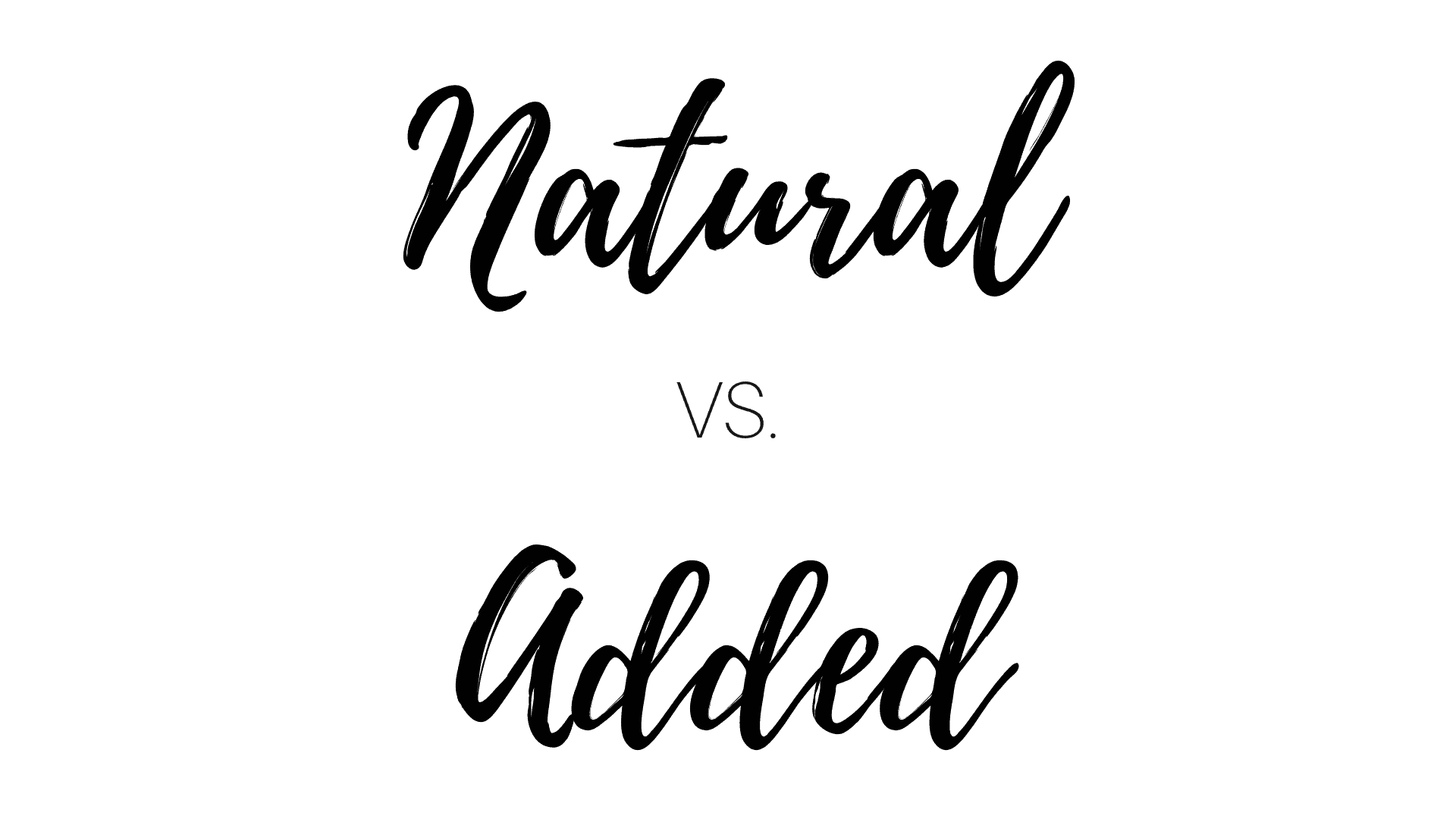

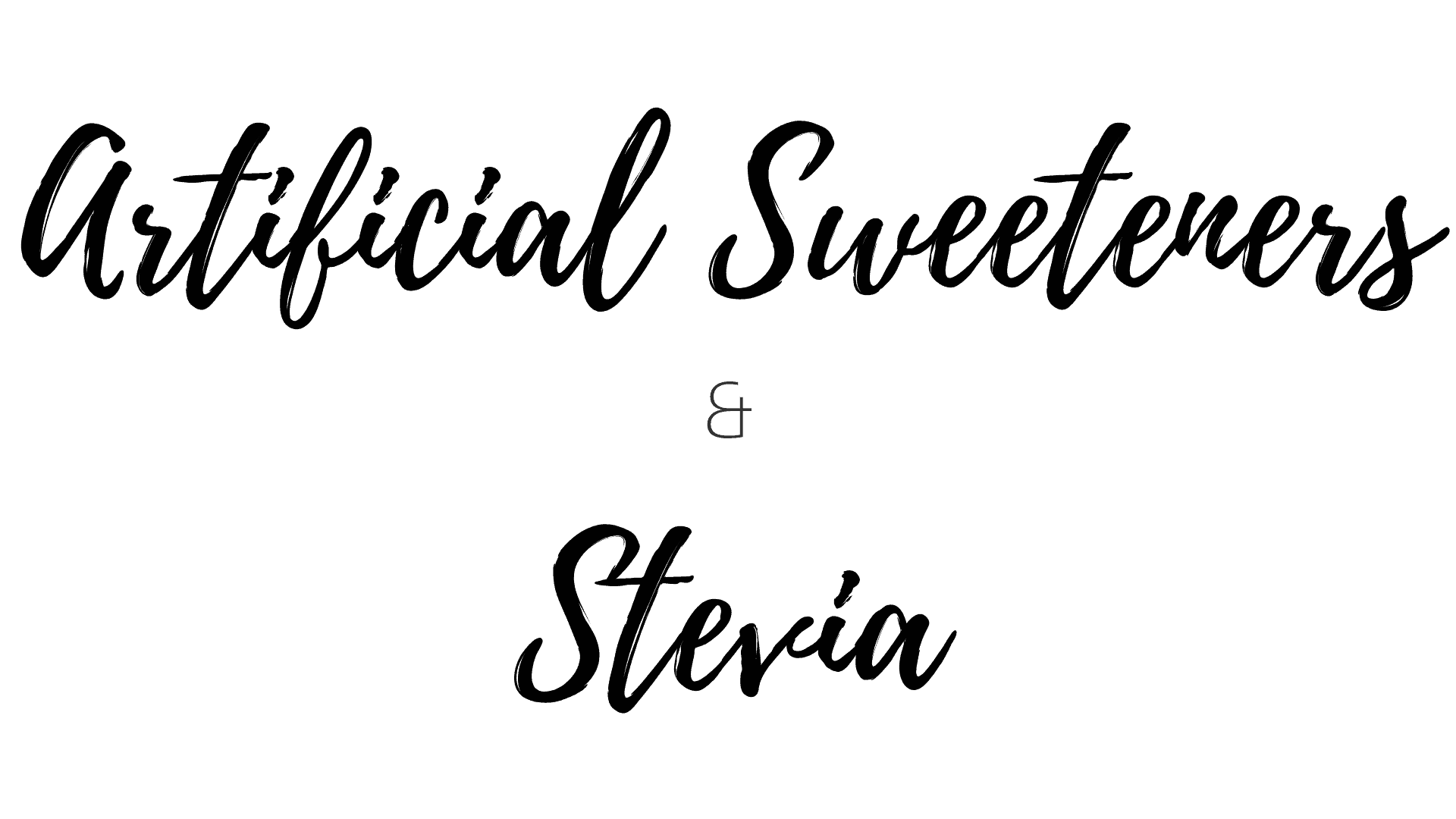
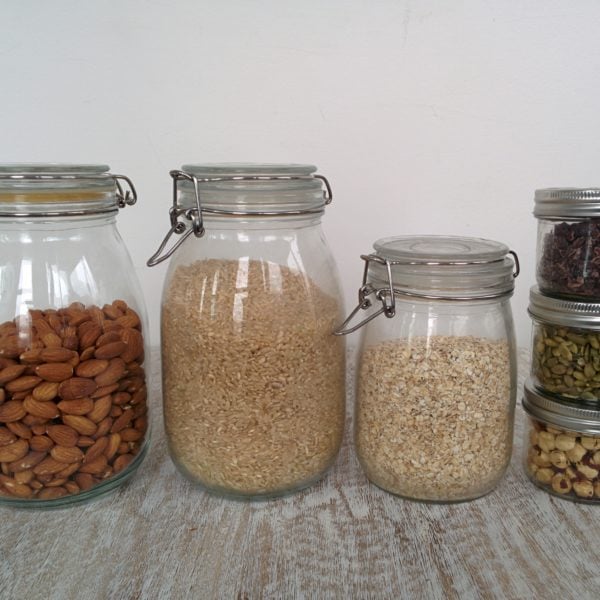

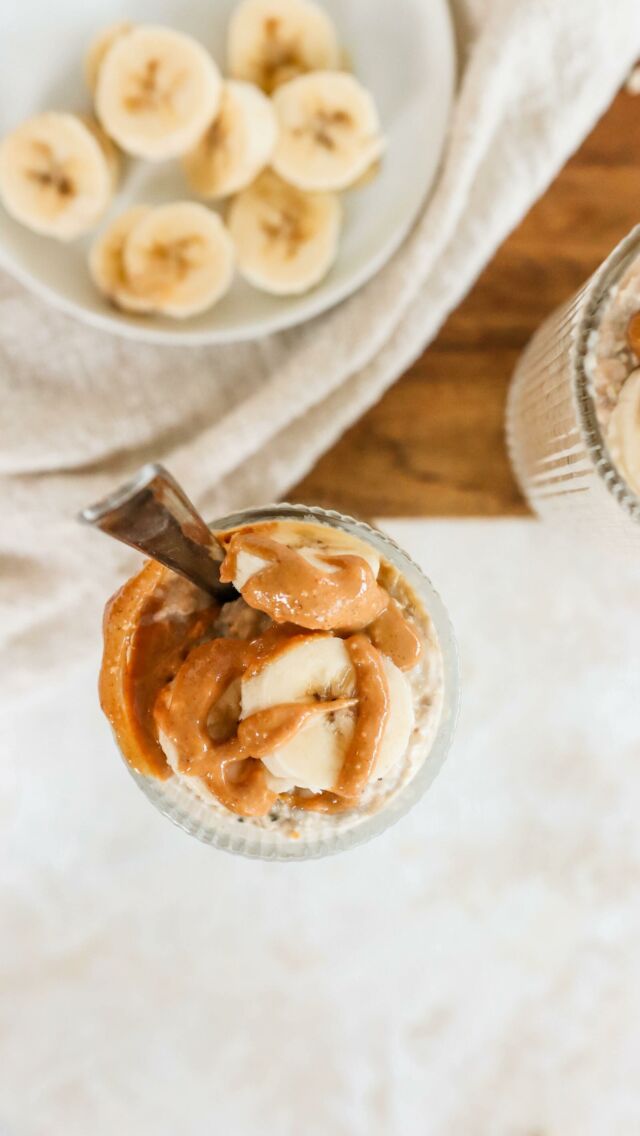
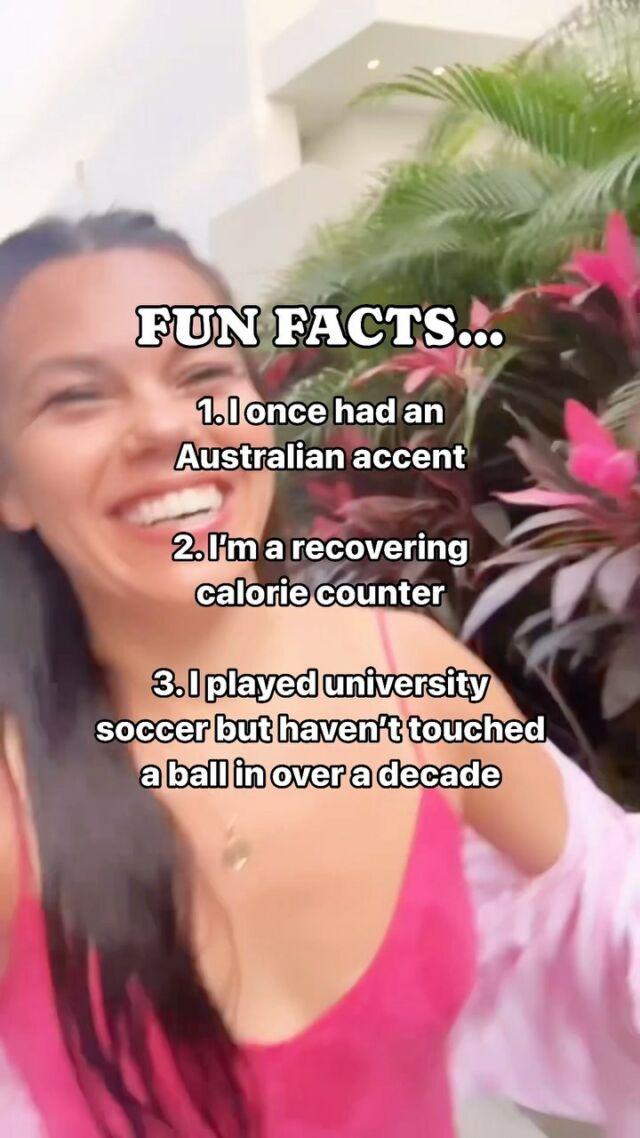
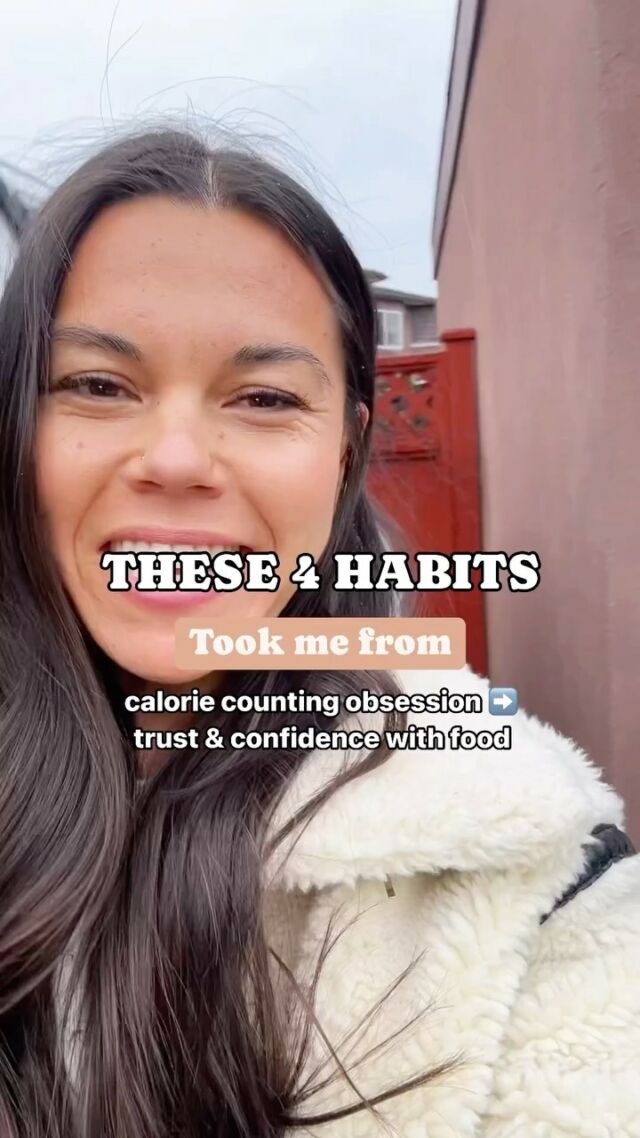
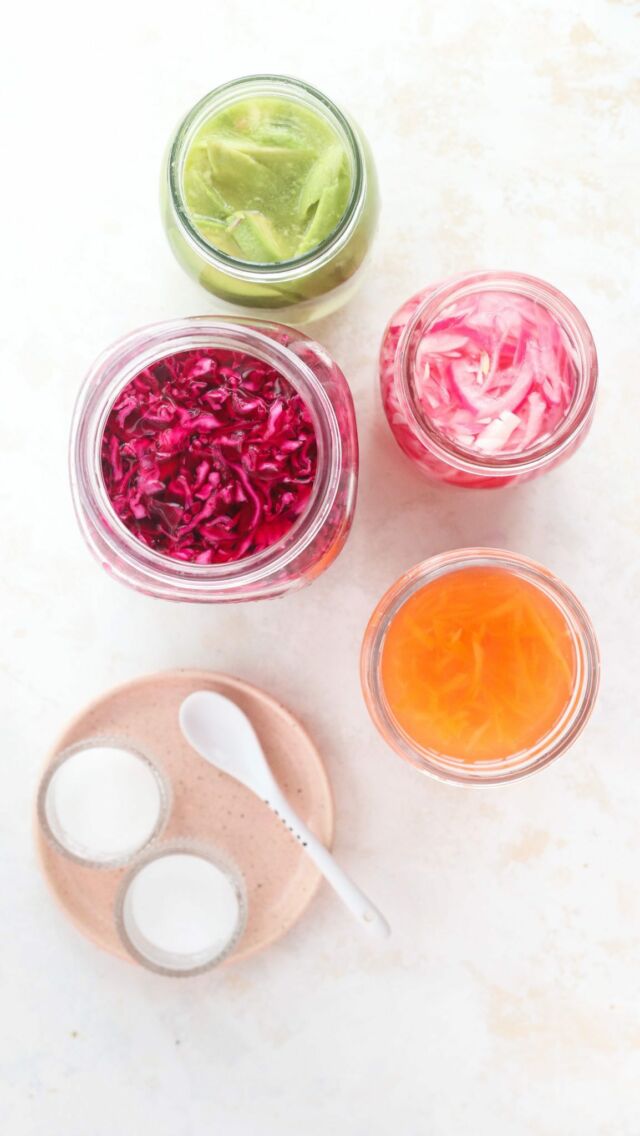
Leave a Comment & Rate this Recipe